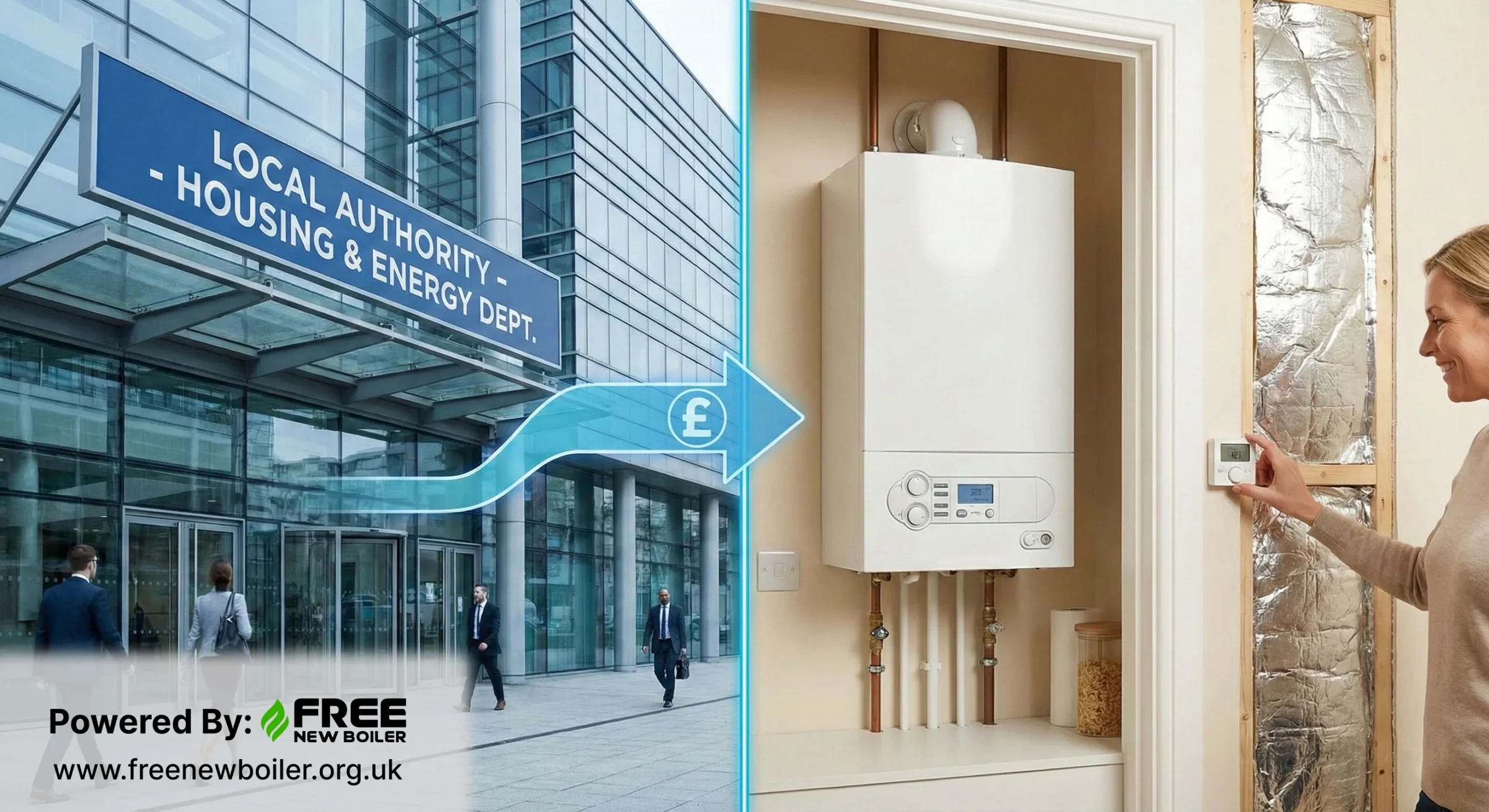Future Technologies: What’s Next in Boiler Efficiency?
With the need for sustainability growing, and prices for energy continue to rise and fall, the heating sector has been rapidly changing. Boilers, which are essential for heating homes, are undergoing changes through innovative technologies that aim to improve the efficiency of energy, decreasing carbon emissions and decreasing expenses for homeowners. This article examines the new technology that will determine the next generation of efficient boilers.
1. The Shift Toward Smarter, Greener Heating
The traditional boilers, while efficient, are now getting replaced or upgraded to modern, efficient systems that are more energy efficient. The new technology is designed to:
- Use less energy and less
- Reduce emission
- React to changing energy demands in real time
This change is caused by the stricter environmental rules as well as schemes such as the Eco4 boiler grant which encourages energy-efficient household improvements that qualify households located in the UK.
2. Condensing Technology: A Strong Foundation
Modern efficient boilers tend to be condensing units. These boilers are able to capture and reuse the heat that would normally go through the flue. drastically reducing the amount of energy wasted.
- Performance Rating up to 90 percent or greater
- Emission Reduced lower carbon output in comparison to earlier models
- Usability Perfect for households seeking to reduce their energy costs as well as carbon footprints
Condensing boilers are now a standard on new constructions and provide a good base to improve future improvements.
3. Integration of Smart Technology
Smart boilers are getting more popular because they integrate into homes automation systems. They can be controlled through applications for smartphones, voice assistants or artificial intelligence.
The key features are:
- Monitoring and remote control
- Alerts for maintenance that are predictive
- Performance optimization in real time
- Data-driven energy use analysis
This feature helps homeowners cut down on unnecessary heating costs and maximize usage of energy. This directly leads to lower energy bills.
4. Hydrogen-Ready Boilers
The most talked about developments in technological advancements in boilers is one that is a hydrogen-ready boiler. They are made to run using natural gas. However, they are able to be converted easily into hydrogen if infrastructure permits.
What is the reason for hydrogen?
- Hydrogen is cleanly burned, leaving the only water vapor that is an result.
- The potential is to drastically reduce carbon emissions from homes.
- This is in line with the United Kingdom’s goal to achieve net zero carbon by 2050.
Even though full hydrogen-powered heating systems are currently not widespread but the introduction of hydrogen-ready boilers is an important first step towards long-term sustainability.
5. Hybrid Heating Systems
Hybrid Systems mix two kinds of heating – typically a gas boiler as well as a heat pump, to offer efficient efficiency throughout the year.
Benefits are:
- Automatically switching depending on the temperatures and prices for energy
- Reduction in dependence on fossil energy sources
- More efficient overall when compared with one system. Better overall efficiency compared to a single
They are perfect for households that require the durability of a boiler, but also the environmental benefits of a heat pump.
6. AI & Predictive Algorithms in Boilers
Artificial Intelligence is also gaining traction in the world of boilers. AI algorithmic systems are currently being designed to anticipate:
- If a boiler requires maintenance, it is
- Ideal times for heating the rooms or water
- Utilization patterns for energy efficiency to reduce wasted
This method of heating that is proactive lowers the likelihood of system malfunctions and extends the lifespan of your system, while ensuring savings in the long run.
7. The Role of ECO4 and Government Incentives
The government’s schemes such as the ECO4 scheme encourage the development of more efficient heating equipment. These schemes help:
- The low-income homeowners replace their boilers with modern models
- The fund’s upgrades must meet standard environmental criteria
- Demand for systems that are high-efficiency
The advancement of boiler technology means that the grant requirements could be expanded to incorporate new developments including AI-integrated hydrogen systems or those that are hydrogen-ready.
8. Material Science Innovations
In the future, boilers are likely to profit from advances in material science:
- Heat exchangers made of anti-corrosion alloys
- Components that have nano-coatings to improve thermal conductivity
- Lightweight materials which help reduce the energy consumption during production and transportation
They contribute not only to efficiency but also to the entire life-cycle longevity for the system of boilers.
9. What’s Next? A Look Ahead
The future boiler is not simply a heating appliance, it is an intelligent connected, connected device created to
- Interface with smart meters as well as the home grids for energy.
- Auto-adapt to the user’s preferences
- Make use of cleaner fuels such as hydrogen and biogas
- Maintain your system in a seamless manner using remote diagnosis
As technology improves and support systems grow and support programs expand, hurdles to acculturation will decrease which will make the latest boilers more accessible to homeowners.
Final Thoughts
The world of boiler technology is experiencing a revolutionary change. From AI-driven technology as well as hydrogen readiness to homes and hybrid systems to smart home integrations and hybrid solutions, the future of efficiency in boilers isn’t just about saving energy, but also about a smarter and more sustainable living.for landlords and homeowners looking to make long-term investments in their property, staying informed of the latest technologies in use is essential. With schemes such as ECO4 to help transition the industry and the promise of the future both for the environment as well as your electricity bills.



